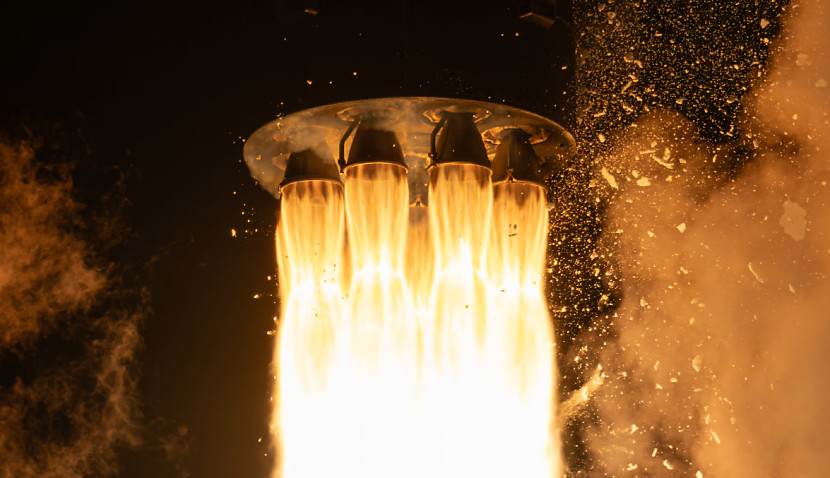
The “No Time Toulouse” mission lifted off from Mahia, New Zealand, on 21 June, deploying five satellites from French internet of things (IOT) company Kinéis.
Rocket Lab founder and CEO Peter Beck said, “When Electron lifted off the pad for the first time in 2017, we knew we’d unlocked a new era in spaceflight, one where small satellites got to call the shots for the first time with frequent, tailored, and reliable access to orbit.
“Fifty launches later, Electron is the most successful commercial small rocket globally.”
Designed in California, Electron is 18 metres high, made of carbon composite, and powered by 3D-printed engines.
It has already deployed 190 satellites for a diverse range of customers, including NASA, the National Reconnaissance Office, and the US Space Force.
“Launch day is just as stressful as the very first rocket,” Beck told The New Zealand Herald.
“I struggle on launch day. Because customers are relying on you. Launch is never a low-sum game.”
Rocket Lab said last weekend’s mission was the first of five dedicated Electron blast-offs for Kinéis.
“The Kinéis constellation is designed to make it possible to connect and locate any connected object anywhere in the world, enabling data transmission to users in near-real time, at low bit rates and with very low energy consumption,” said the launch firm.
“By enabling internet connection to the Earth’s most remote locations, Kinéis constellation can support forest fire detection, water resource management, infrastructure and energy network monitoring, transport and logistics tracking, and much more.”
It comes after Space Connect reported earlier this year how Rocket Lab declared itself a defence prime contractor after agreeing to a US$500 million contract with the US Space Force.
Beck said the deal marked the start of a “new era” for the company, which will now manufacture defence satellites and oversee the supply chain.
“We’ve methodically executed on our strategy of developing and acquiring experienced teams, advanced technology, manufacturing facilities, and a robust spacecraft supply chain to make this possible,” he said.
“It’s exciting to now be delivering this capability for government and commercial customers alike.
“Space Development Agency’s [SDA] acquisition approach favours speed, schedule certainty, and affordability to deliver next-generation space capabilities to the nation.
“We’ve proven Rocket Lab is capable of delivering this across our launch and spacecraft programs, and we look forward to delivering it for SDA.”
The SDA, established in 2019, is a US Space Force direct-reporting unit tasked with creating and sustaining space capabilities, including those that can detect threats.
Rocket Lab will act as a prime contractor for the US$515 million firm-fixed price agreement, leading the design, development, production, test, and operations of the satellites, including procurement and integration of the payload subsystems.

Adam Thorn
Adam is a journalist who has worked for more than 40 prestigious media brands in the UK and Australia. Since 2005, his varied career has included stints as a reporter, copy editor, feature writer and editor for publications as diverse as Fleet Street newspaper The Sunday Times, fashion bible Jones, media and marketing website Mumbrella as well as lifestyle magazines such as GQ, Woman’s Weekly, Men’s Health and Loaded. He joined Momentum Media in early 2020 and currently writes for Australian Aviation and World of Aviation.
Receive the latest developments and updates on Australia’s space industry direct to your inbox. Subscribe today to Space Connect here.









